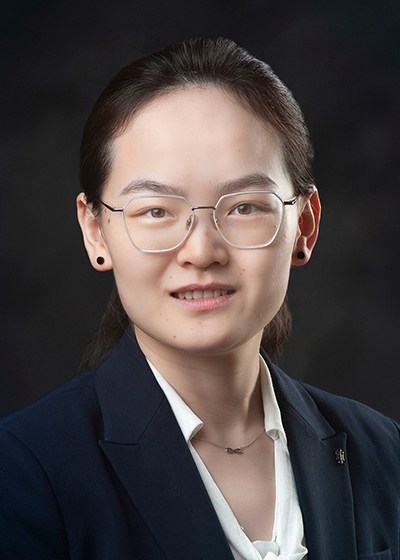- Home |
- Graduate Research Assistantship Opportunities
Graduate Research Assistantship Opportunities
Fall 2023
The Department of Agricultural and Biological Engineering at Mississippi State University is looking for outstanding students to fill several competitive graduate research assistantship positions starting fall 2023. Degree options include Biosystems Engineering, Biomedical Engineering, and Engineering Technology. For a student to be eligible for one of these assistantships, the student must be accepted into MSU’s graduate program and be entering into the M.S. or Ph.D. program beginning Fall 2023. All applicants must apply by April 15, 2023.
Available Research Areas:
Students interested in Dr. Gharakhani’s research will develop expertise in
- Hardware of Agricultural Robotics: from designing chassis to the steering system, actuators, manipulators, end-effectors, embedded computers, microcontrollers, vision, and non-vision sensors;
- Software of Agricultural Robotics: 2D and 3D perception systems, object detection and localization algorithms, ROS-based programming, Navigation, Control systems; and
- Precision Agriculture: Gathering and analyzing UAV and/or UGV data to make a Decision Support System to increase yield while utilizing natural and chemical resources sustainably.
Ideal candidates have a M.S. degree with a background in agricultural/biological/biosystems engineering, mechanical engineering, electrical engineering, or computer engineering.
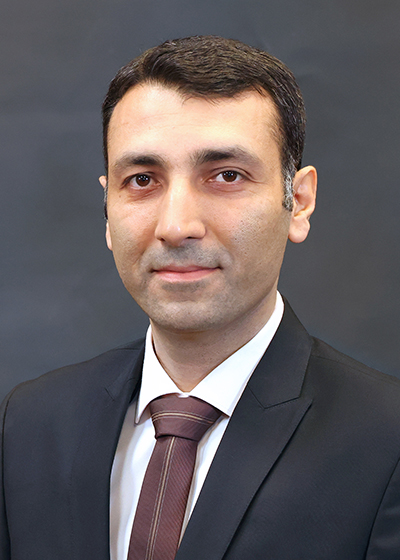
Students interested in Dr. Martins' research will develop expertise in
- Land cover, a key descriptor of Earth’s terrestrial surface, influencing of carbon budget, energy balance and hydrological cycle;
- Deep learning, expanding our research capabilities on the terrestrial essential information; and
- Satellite imaging processing, a viable way for systematic land cover and land change at global scale.
Ideal candidates will have a M.S. degree with a background in agricultural/biological/biosystems engineering, mechanical engineering, electrical engineering, or computer engineering.
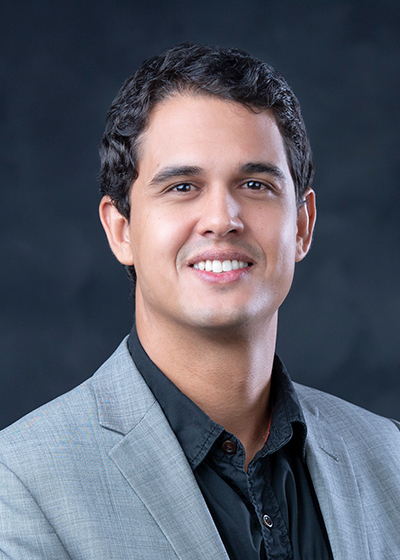
Students interested in Dr. Priddy’s research will develop expertise in
- Characterization of scaffold structural properties using techniques such as microCT, mechanical testing, and surface profilometry;
- Mammalian cell and bone explant culture, and osteogenic assays; and
- Mechanobiology and optimization of mechanical loading regimens to accelerate osteogenesis in a bioreactor system.
Ideal candidates will have a B.S. and/or M.S. degree with a background in biomedical, biosystems, or mechanical engineering.
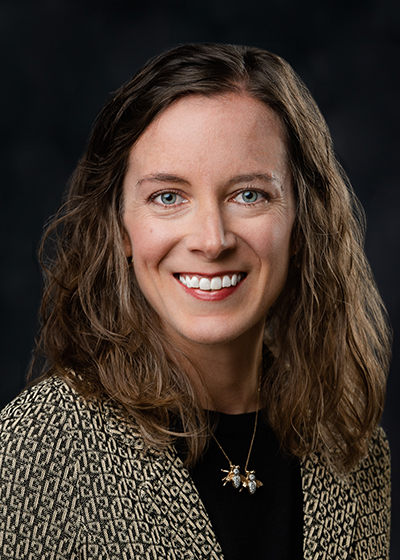
Students interested in Dr. Taebi’s research will develop expertise in
- Numerical modeling: computational fluid dynamics and structural analysis of blood flow and cardiac muscle movements;
- Computer programing: developing signal processing methods to post-process the results of the numerical simulations; and
- Statistical analysis.
Ideal candidates will have a M.S. degree with a background in mechanical, biosystems, or biomedical engineering.
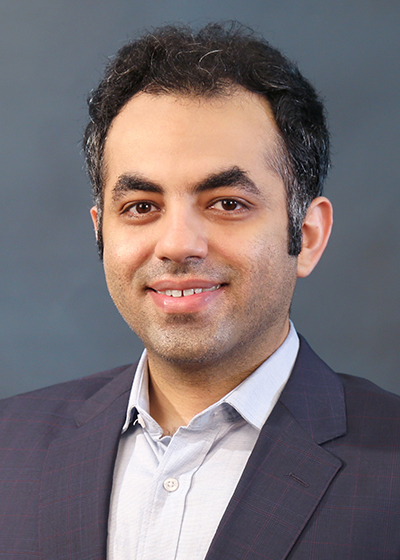
Students interested in Dr. Zhang’s research will develop expertise in
- Advanced machine vision: Utilizing and optimizing state-of-the-art deep learning algorithms for real-time object detection and semantic/instance segmentation in biological systems;
- Agricultural robotics: Designing and developing efficient field robots or automated machineries for various field operations (including farm off-road navigation); and
- Drone-based remote sensing: High-resolution farm mapping using RGB, thermal, multispectral, and hyperspectral sensors for accurate yield forecasting and nutrition deficiency predictions.
Ideal candidates will have a M.S. degree with a background in biosystems engineering, computer science/engineering, mechatronics engineering, and electrical engineering.
